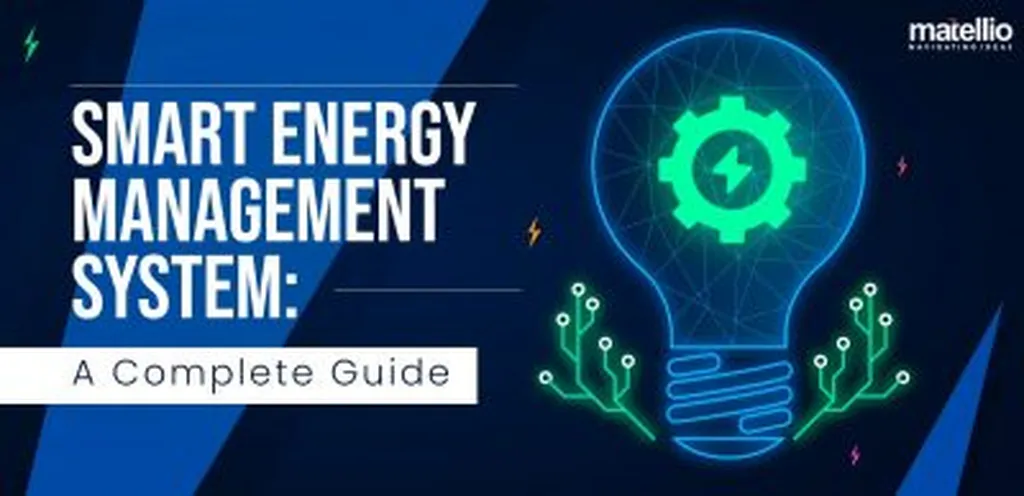In a significant stride toward smarter and more sustainable energy management, researchers have developed an Intelligent Home Energy Management System that could revolutionize how we power our homes and vehicles. The study, led by Mohammed Alsolami from the Department of Electrical Engineering at Taibah University in Saudi Arabia, introduces a decentralized hybrid energy concept that integrates photovoltaic technology, proton exchange membrane fuel cells, and hydrogen refueling stations. This innovative system not only ensures a reliable and clean power supply but also enables seamless power transfer between vehicles and homes, transforming electric vehicles into mobile energy storage units.
The research, published in the journal *Energies*, employs advanced Double Deep Q-networks for adaptive control and forecasting. This cutting-edge approach allows the system to learn and optimize energy distribution dynamically. “Our Multi-Agent System coordinates actions between home appliances, energy storage systems, electric vehicles, and hydrogen power devices to ensure effective and cost-saving energy distribution for users of the smart grid,” Alsolami explains. This coordination is crucial for enhancing the utilization, reliability, and cost-effectiveness of residential energy systems.
The implications for the energy sector are profound. By integrating renewable energy sources with advanced control algorithms, this system paves the way for more adaptable and autonomous energy networks. The ability to transfer power between vehicles and homes not only increases energy efficiency but also provides a backup power supply during outages, enhancing grid resilience. “This system could significantly reduce energy costs for consumers while promoting the use of renewable energy sources,” Alsolami adds.
The research was validated through MATLAB/Simulink-based simulations using meteorological data from Tunis, demonstrating the system’s effectiveness in real-world scenarios. The findings suggest that the V2H (Vehicle-to-Home) and H2V (Home-to-Vehicle) system outperforms conventional energy management systems, offering a more sustainable and economical solution.
As the world shifts toward renewable energy and smart grids, this research could shape future developments in the field. The integration of hydrogen-powered energy systems and advanced control algorithms could lead to more efficient and resilient energy networks. “This is just the beginning,” Alsolami notes. “The potential for further advancements in this area is immense, and we are excited to see how this technology evolves.”
In conclusion, this research represents a significant step forward in the quest for sustainable and efficient energy management. By leveraging advanced technologies and innovative control strategies, the Intelligent Home Energy Management System offers a glimpse into the future of smart grids and renewable energy integration. As the energy sector continues to evolve, this research could play a pivotal role in shaping a more sustainable and resilient energy landscape.

